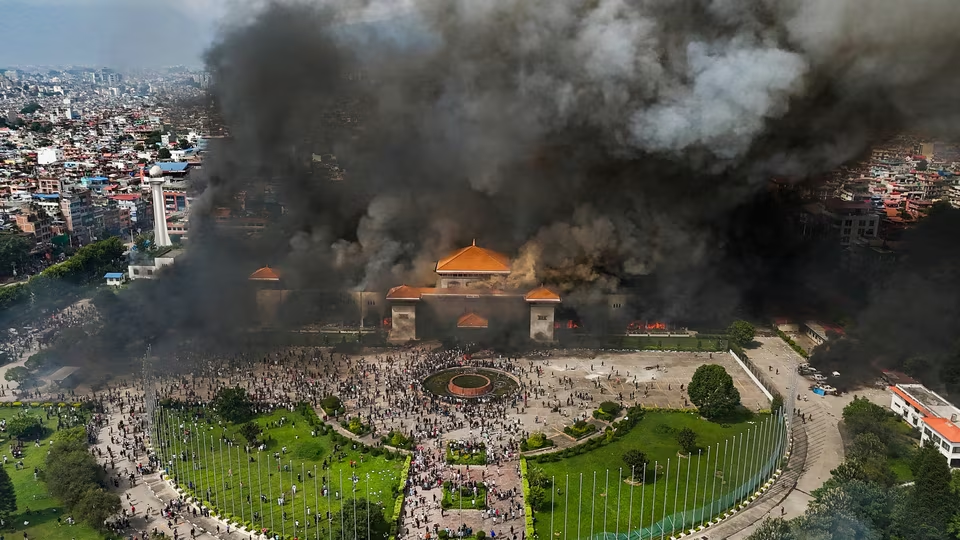On January 27th, Kenya started protesting against the high number of women being killed in their country. Rates of femicide have been surging in Kenya in recent years. Throughout 2016 to 2023, 500 women were killed. Just in 2022 alone, 725 cases of femicide were reported, which was the highest reported number since they started to collect this data in 2015. This has been a growing issue in Kenya, with people calling it an “epidemic.” And many are starting to speak out.
In Nairobi, thousands of people, consisting mostly of women, stopped traffic to protest against these horrific crimes. This protest was mostly fueled by the 16 women who had already been killed in this month alone. Names many people were protesting for included Rita Waeni, Sheila Jepkemboi, and Beth Wanjiku. Rita Waeni was one of the two cases that first started causing anger around Kenya, following her brutal murder and dismemberment on January 14th. Activists wanted the government to hear their shouts and to do something about this growing issue. Many at the march expressed their anger at their situation, stating they had never felt so angry about an issue before. The crowd was chanting “Sisi ni watu sio wanyama”, translating to “We are humans, not animals” in Swahili.
The femicide epidemic in Kenya largely goes unnoticed, as many cases of domestic violence and murders of women go unreported, leading to many women not getting the justice they need and deserve. Perpetrators often go unpunished, and when one is prosecuted, the cases are dragged on for years in court. This has fueled the anger in many women across Kenya and not just in Nairobi, as many other protests erupted in January, like in the cities of Nyeri, Mombasa, Kisumu, and Nakuru.
These killings of women are not just a problem in Kenya. Africa has the highest number of femicide rates out of all 6 continents, with South Africa having the highest femicide rates in the continent and being third in the world, just behind Honduras and El Salvador. A report from the South African Police Service in 2021 reported 25,204 murders of women, which would equal around 9 women being killed every single day.
There are many people, though, who are fighting to not let these deaths go unnoticed and for the government to finally speak up about them. In 2018, South Africa broke records by having the largest coordinated protest by women in their country, #TheTotalShutdown women’s march in one of their capitals, Pretoria.
This march, along with all the protests going on in Kenya to speak out against these murders, shows that the death of women in Africa and around the world will not be shoved under the rug and that people are willing to speak out against this growing problem.





























